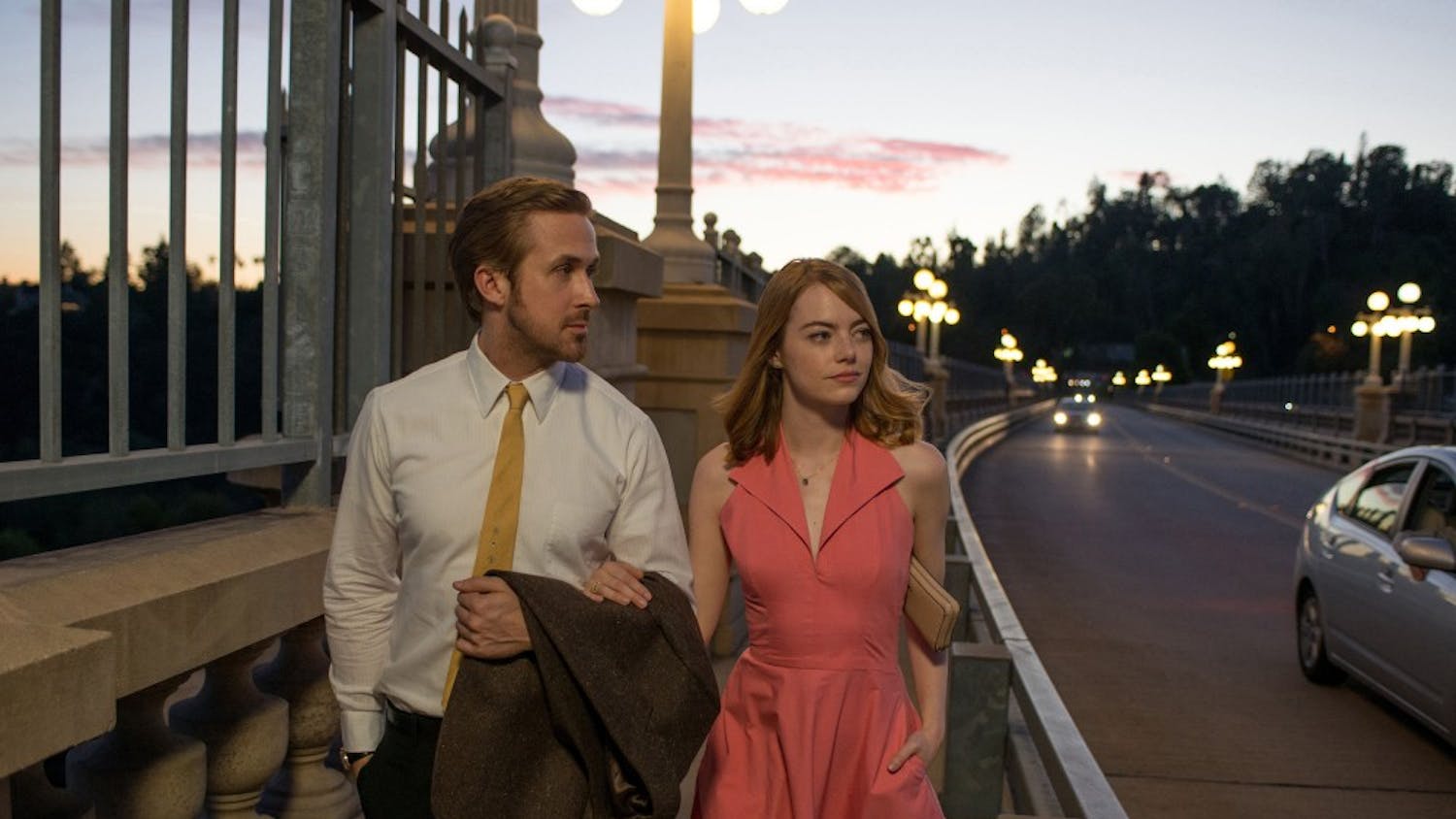It’s hard to ignore the fact that comics have been, more or less, safe fodder for Hollywood over the past decade.
Sure, the first “Superman” film was made in the ’70s and “Batman” was done in the ’90s, but the last 10 years have been kind to Marvel and DC.
However, in the last 20 years of comic book movies, none have seen the success of “The Dark Knight.” In the six weeks since it was released, it has grossed $870 million worldwide. It has broken numerous records, including the highest-grossing midnight showing and debut weekend, and recently became the second-most financially successful movie of all time. This has left many to question why this recent Batman franchise was more successful than the previous one, and whether that change will bleed into other comic movies.
Darker comic book films on the way
According to a recent Wall Street Journal piece, DC has already begun to shift gears. A third “Batman” movie has been greenlit; the “Superman Returns” sequel was scrubbed to start over from scratch and two other DC projects are in the works. All have a “dark” tone, due to the success of “The Dark Knight.”
The only problem with that is that not many comics lend themselves to dark atmospheres like “The Dark Knight” because they don’t have origins as dark as Batman’s. Superman’s origin ultimately dealt with him being saved from global destruction, the Flash was the result of a lab experiment and the Green Lantern received his ring because of his “sterling” character. Even in Marvel, it seems like most of the origin stories are a result of a lab or science experiment gone wrong (or in the case of Captain America, gone right). And the rest are either just supernatural or born that way, like the X-Men. Although a few Marvel stories are “dark,” they aren’t flagship characters like Batman.
Why dark only works for ‘The Dark Knight’
Attributing the success of “The Dark Knight” to its dark tone ignores what actually made the movie great: its realism and its heart. Christian Bale was able to do what previous “Batman” movies hadn’t by showing his failings (actually being able to fight also helped). Joel Schumacher almost buried the series due to his disco psychedelic experiment, and Tim Burton made a great comic book movie, but it had no believability. Batman always felt too superhuman, even though there’s nothing “super” about him. Christopher Nolan was able to do this because he focused on the characters, not the comic.
Although there are exceptions to the rules – such as “300,” “Sin City” and “Watchmen” – that aren’t written in a colorful setting, most of the main characters of both the big comics’ lines are set to more cheerful backdrops. Spider-Man has a one liner for every situation, the Fantastic Four deal with family issues and the X-Men are all about overcoming adversity. Sure, all major stories and/or characters in comics have had dark times, but they are always able to overcome them.
The difference with Batman is that he isn’t trying to make the world a better place for mutants, or trying to fall in love and be human, or trying to cure himself. Like Rachel Dawes told him at the end of “Batman Begins,” Bruce Wayne is his mask. Bruce Wayne isn’t trying to adjust to the superhero life while being normal. So the choice to make “The Dark Knight” with a dark tone wasn’t a superficial decision – Batman’s character wouldn’t work in a happy-go-lucky film.
This is why the stories about shifting comic-book movies to a darker tone wouldn’t be a good decision. Making superficial changes to a film simply because it worked in a previous one is the equivalent to making a pick-up sports car simply because it works for pick-up trucks.
Make the right choice, Hollywood
Even if writers and studios chose to turn the story lines of the darker comics into movies, it wouldn’t work. They would require too much backstory, and, in any case, most of them are “what ifs” concocted to pull in readers and viewers. For example, Superman’s “Red Son” story line was centered upon the idea of what would happen if Clark Kent had fallen from the sky into Communist Russia instead of Smallville, but it was simply a one-off tale. The “X-Men” comics have tried so many future time-line stories that the concept is so convoluted it couldn’t work at all. “Spider-Man 3” tried the dark tone, and it was certainly not successful.
Dark stories do make for good dramatic twists, but to make a blanket shift to dark movies would ignore what makes most of these stories worth watching, and what made “The Dark Knight” the success it was. The best we can hope for is that Hollywood will realize this so it can worry less about making perfect movies and more about making the right ones.
Blanket of darkness
Filmmakers should exercise caution in following ‘Knight’

Get stories like this in your inbox
Subscribe





